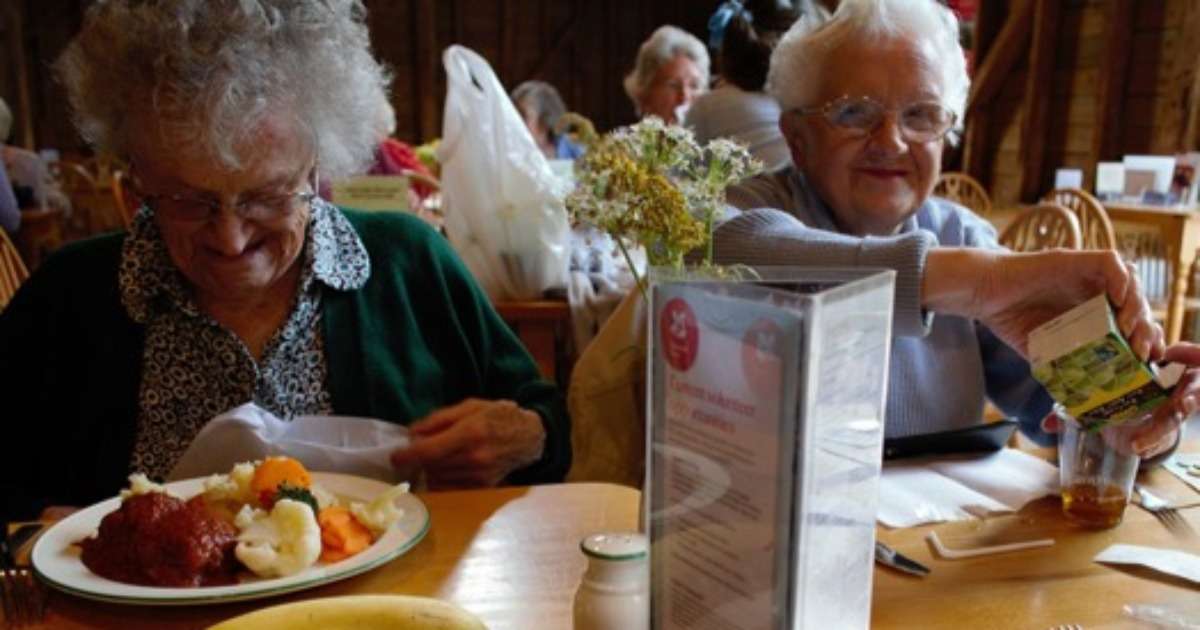
Two ways to learn more about medical simulation and debriefing
There are two ways to get ahead and stay ahead in healthcare education. One - learn from the best and - two - stay on top of your game!

Improving social communication skills in children with ASD
Many children with ASD suffer from deficits in social communication and interaction, especially with peers. They participate in fewer social interactions than typically developing children.

Three examples of nurse-patient interaction research
The use of video technology in nurse-patient interaction research offers important advantages to scientists in unraveling complex behavior patterns. Learn more!

Do emotions affect preferences to opera music?
Many researchers are interested in the relationship between facial expressions and music preference. This is the first study that uses FaceReader to investigate this.

Consumer behavior: do we enjoy the buffet to its fullest potential?
In a buffet restaurant, do you also want to try another dish? Just because it's available? Read this blog post about how choice influences eating behavior.

Effectiveness of video feedback in education
Did you know that video feedback in education is efficient? This and 5 more reasons why video debriefing in education is effective.

Helping children cope with social anxiety
Researchers Colonnesi et al. investigated whether social anxiety in 4 year-olds is related to the level of Theory of Mind, and expressing shyness.

Attention! Drive safely
In a recent study with bicyclists, researchers at VTI, Sweden, observed cyclist behavior using eye tracking technology, video recordings, and behavioral coding.

Investigating the relationships between the immune system and the brain
Our research group is investigating the relationships between the immune system and the brain in humans.

The effect of simulation-based obstetric team training
Dr. Truijens describes the positive effects of simulation-based obstetric team training on communication between health care professionals, clear leadership, and more.
